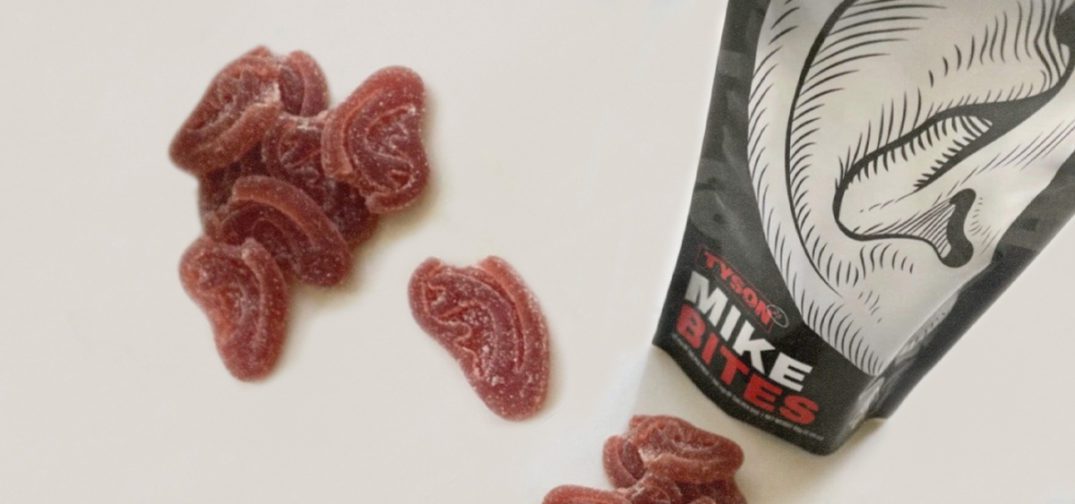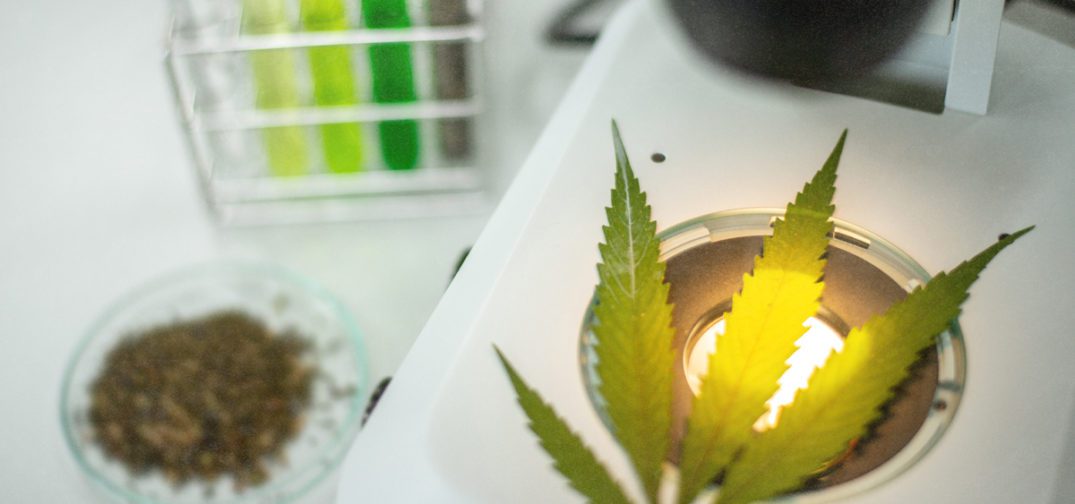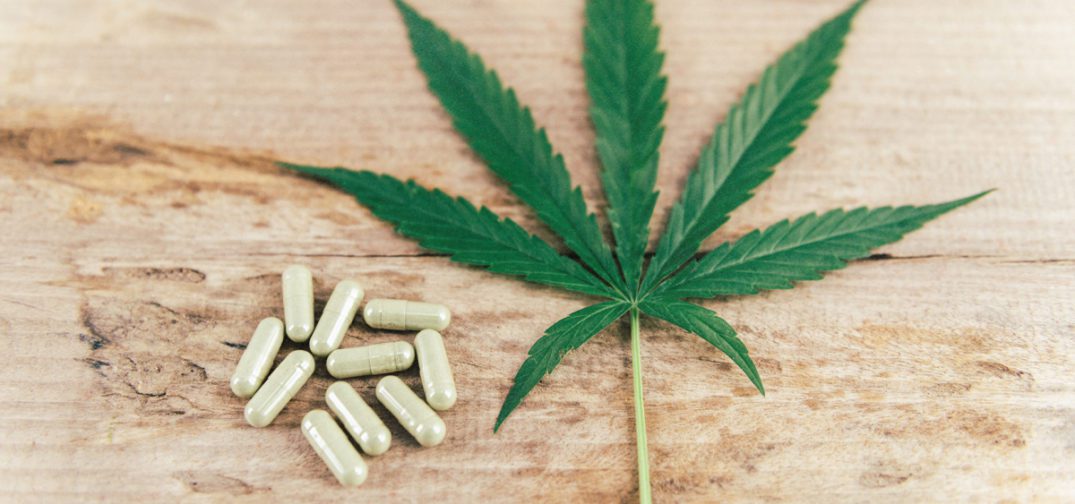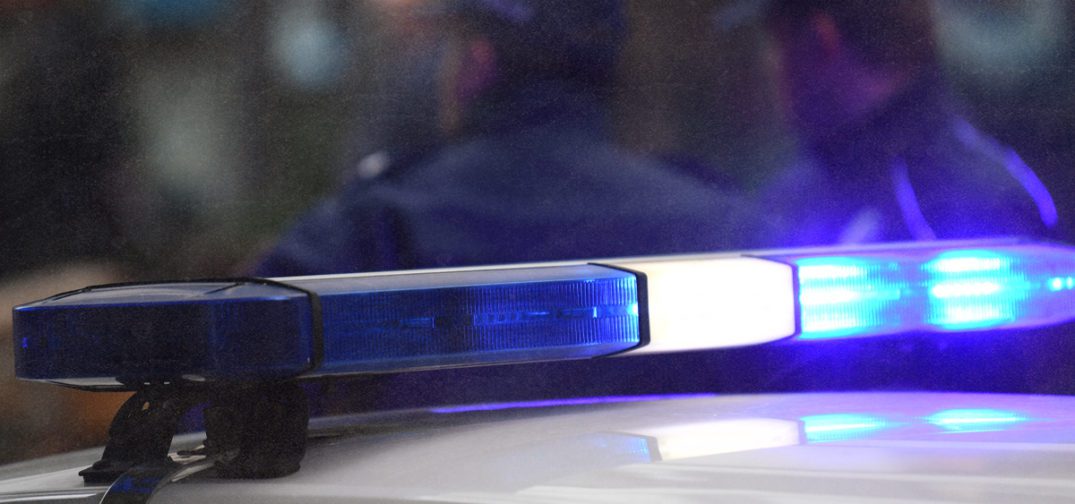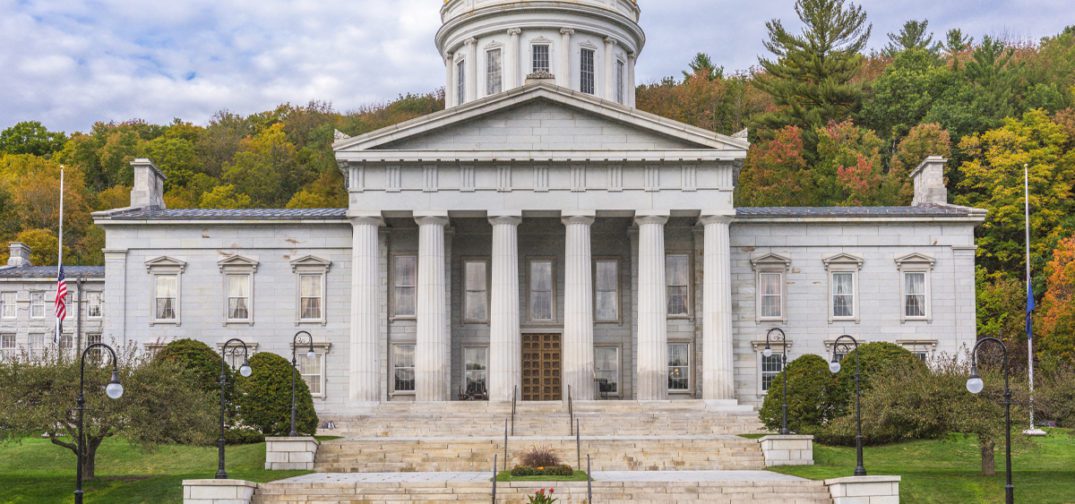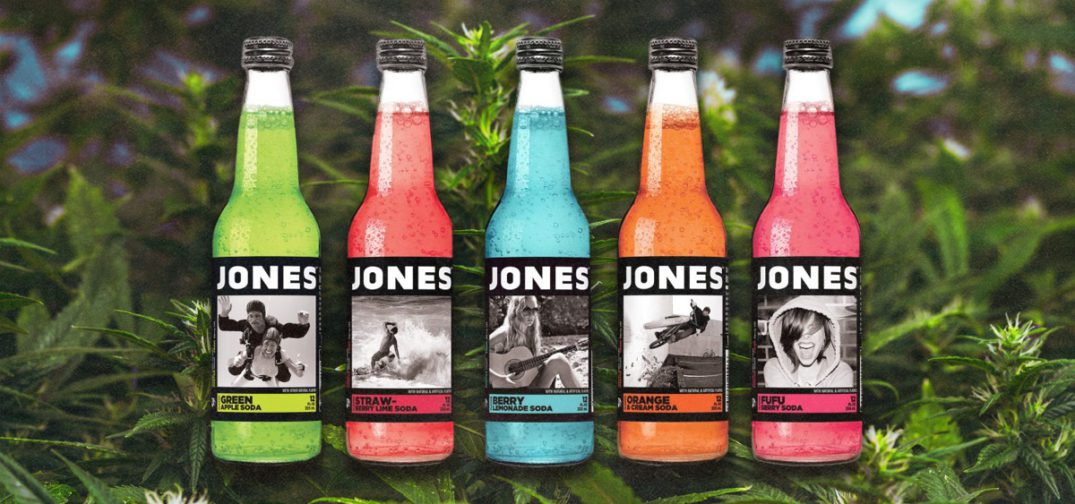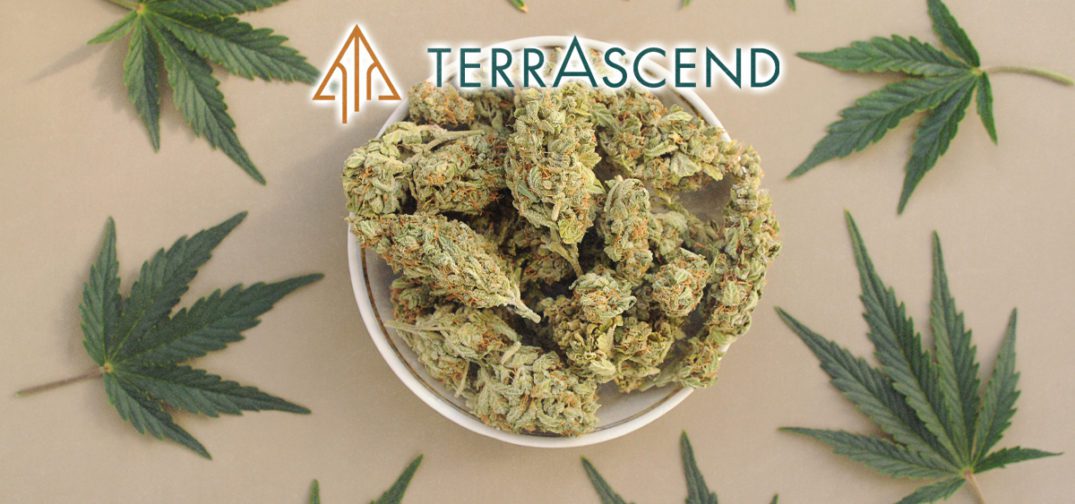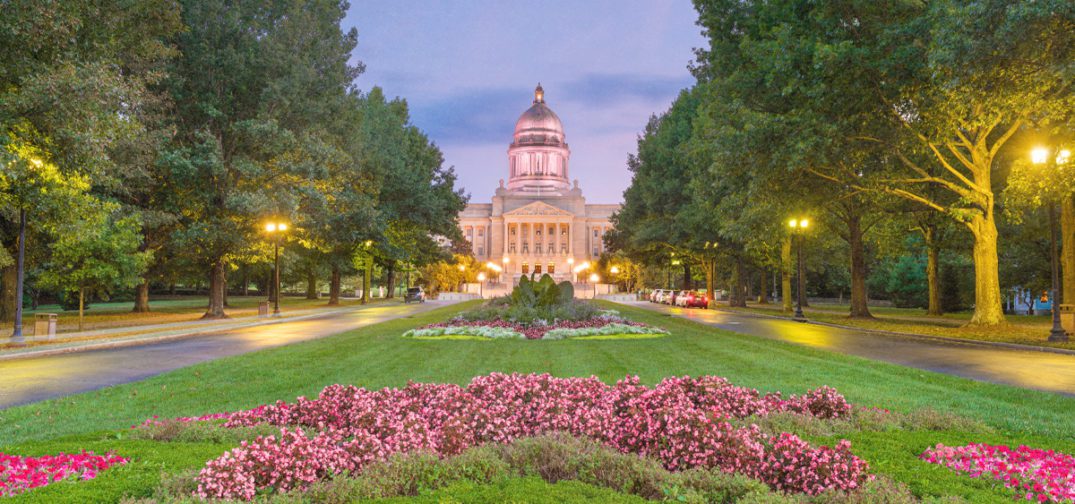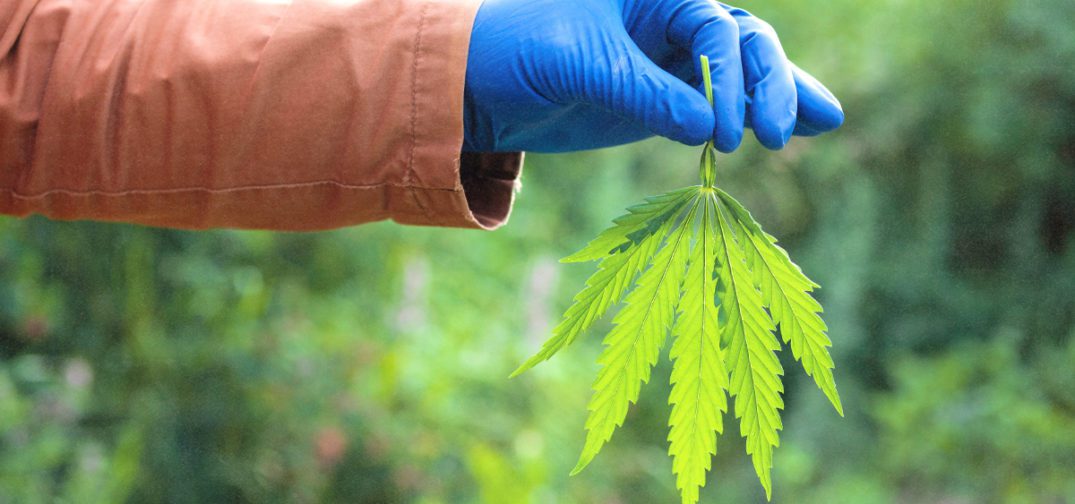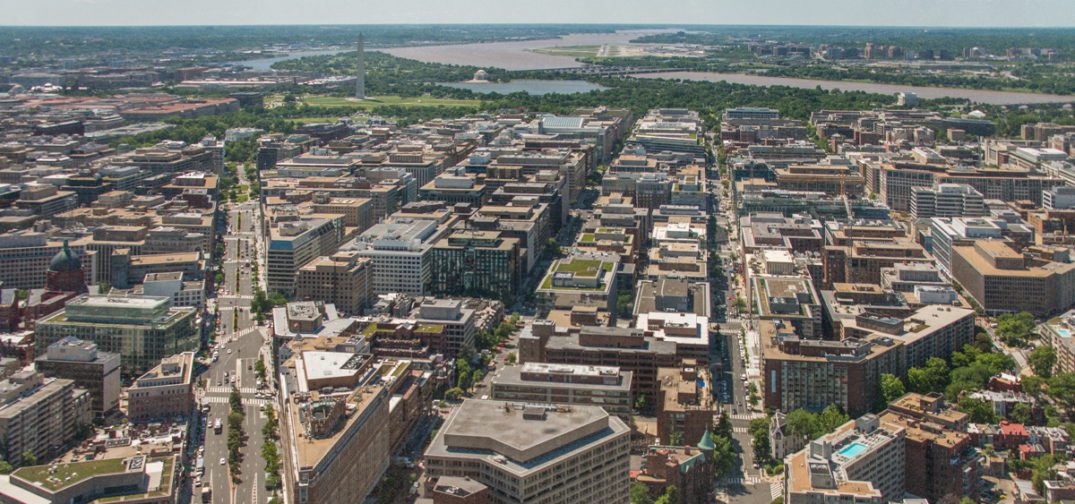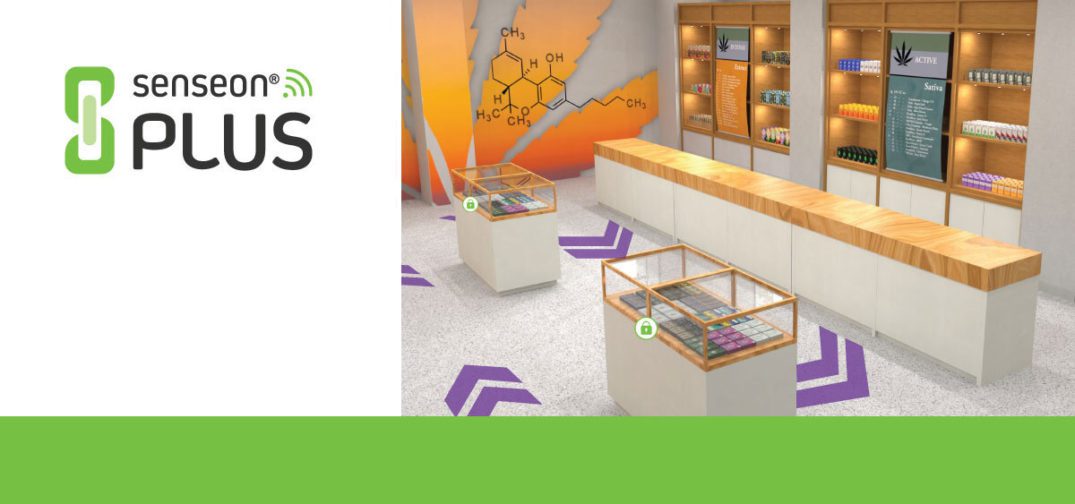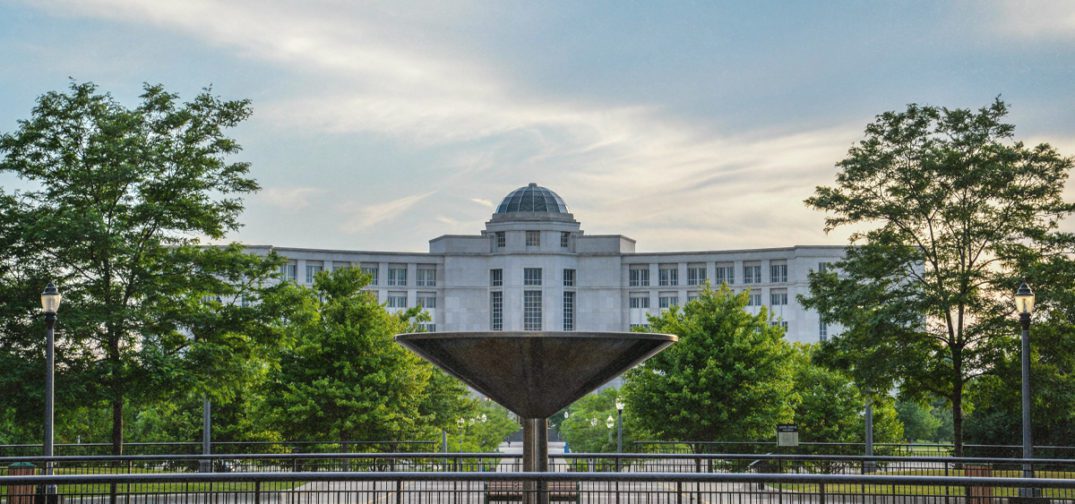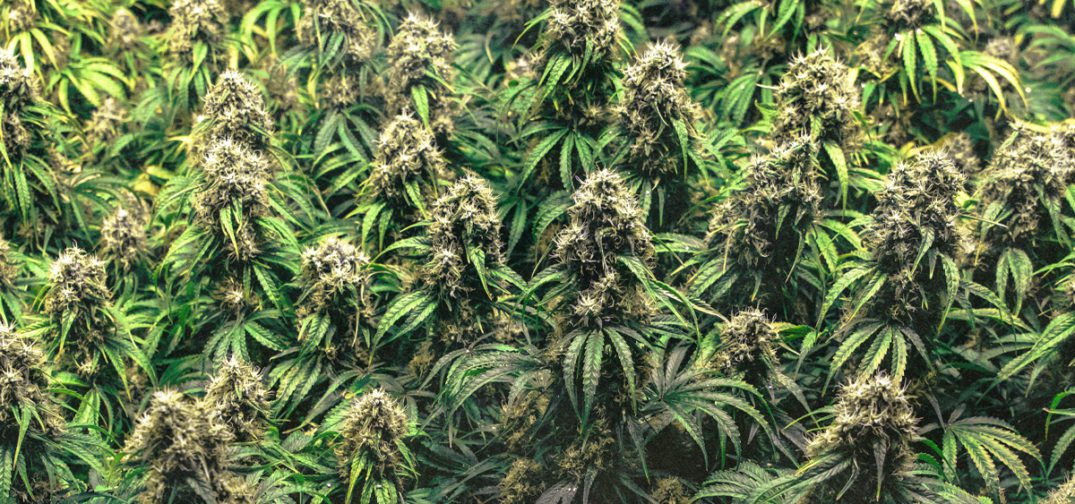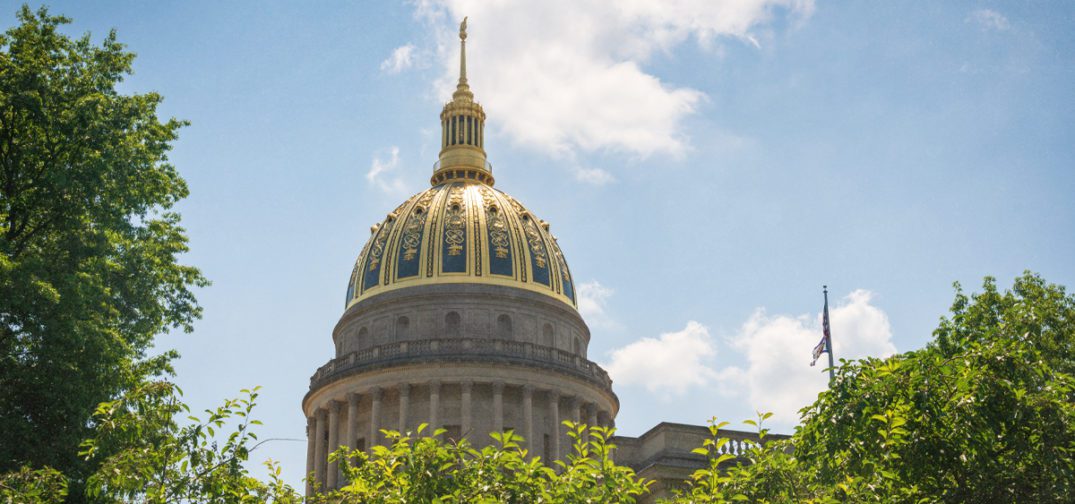The New York state cannabis market is projected to grow exponentially in the coming years but while the state is making some social equity considerations, Native American tribes like the Shinnecock Indian Nation are not able to apply for the program.
We recently connected with Chenae Bullock — Founder of Moskehtu Consulting, and Managing Director for the upcoming Little Beach Harvest cannabis dispensary — to discuss her tribe’s plan for a cannabis operation that considers cannabis as a sacred plant. In this Q&A, Chenae discusses the mission behind Moskehtu Consulting, the firm’s impact so far, and how partnerships with large cannabis firms like TILT can benefit Native American tribes. Chenae also discusses how a lack of recognition in state policy has created supply chain issues in Shinnecock territory, shares the vision for Little Beach Harvest’s future, and more!
Ganjapreneur: Why did you launch Moskehtu Consulting? What is the mission of the company?
Chenae Bullock: I launched Moskehtu Consulting because I recognized the lack of business-to-business relationships that both governmental and corporate sectors have with Native American-owned businesses. I recognized there was a lot of business taking place regarding Native Americans without actually including Native Americans in the process. As a Native American who not only has an academic background regarding Indigenous people’s position when it comes to history, social and environmental issues, I have lived these experiences every day. My aim has been to build a start-up that can consult with clients on these matters and act as a steward in the areas of social and environmental issues that affect each and every one of us. The mission of Moskehtu Consulting is to reconnect people to one another, the land and the water.
What kind of consulting projects does Moskehtu accept?
At Moskehtu Consulting we accept projects that are inclusive for people of color at the planning phase. Some of those projects include helping our clients to re-establish or build relationships with local tribal nations, developing communication plans with local Native American tribes. We have also provide cultural programs such as Traditional Ecological Knowledge tours through eco-tourism on canoe tours, plant walks, and other cultural outdoor experiences in an effort to educate on and connect clients with the land and water.
How has your work built recognition for Indigenous peoples in the country?
Since its establishment, Moskehtu Consulting has provided a number of jobs in cultural education, environmental advocacy, social impact campaign strategy, and much more to further combat the disproportionate number of jobs for Indigenous people. Moskehtu Consulting is community-based and is dedicated to supporting the creation and enhancement of job equity and services within the Indigenous communities in this country. This initiative connects Indigenous people with resources to address the needs of their communities, and through our efforts, we build recognition of our communities in the governmental and corporate sectors.
How does the sovereign status of Native American tribes negatively impact tribal members entering the cannabis space?
Although our people technically meet the requirements to be considered a social equity segment, as a sovereign nation we do not receive any of the benefits of the social equity programs the state creates. We also do not receive any of the resources or funding other businesses have access to through the state. This can create a barrier to entry for obvious reasons, which is why many Indigenous communities are looking to partnerships to enter the space.
Could inclusion in social equity measures help more tribes and tribal members start licensed cannabis businesses?
Although tribes are not written in the inclusion of social equity programs, we are considered a social equity group. Therefore, including us in the social equity measures would be extremely helpful to a group that lacks the resources many of the other social equity groups receive because they are included.
Are there any policy changes to the regulation and licensing of cannabis businesses at the city or state level that could better serve the Shinnecock and surrounding tribes?
Since we do not receive any resources or social equity benefits through state programs, what would be most beneficial to us at this time is policy language that ensures that the state will not interfere with our business operations and that allows us to do business with other New York operators across sovereign lines. We’ve been in constant contact with officials since 2015 in an attempt to have clear, black and white language put down on paper that signifies their stance on this. Until the state decides where they stand on the matter, other operators in New York are slightly hesitant to engage in business and sales with us. If we are able to engage with operators outside of the Shinnecock Nation, it will benefit all parties involved by broadening consumer and patient access to quality products, helping to fill the gap where social equity programs fall short, and helping other businesses in the state flourish.
How did you choose TILT as a partner for the Shinnecock Nation cannabis retail store? What is the benefit of working with TILT?
As a sovereign nation that governs ourselves, we have been working toward our entry into the cannabis industry since 2015. We’ve talked with many potential partners over the years, but TILT was the first that felt like the right match for a true, collaborative partnership. With Little Beach Harvest wholly owned by the Shinnecock, we share the same vision for successful operations that will act as an economic engine for our community and create opportunities for years to come. From day one the process has been completely collaborative, with both sides bringing our respective expertise to the table; on the Shinnecock side, our cultural connection to and Indigenous knowledge of the plant as well as consultation on cultural competency as it relates to the business, and on the TILT side, their longtime experience in the cannabis industry ranging from best practices in cultivation to unique business strategy. We both listen to each other and are open to adjusting course if needed in a collaborative way.
Financial resources are a barrier to entry for anyone trying to enter the cannabis industry, and as mentioned earlier, in many ways even more so for Indigenous communities. Not only does our partnership assist with the financial component, but their expertise, knowledge and training as a true partner throughout the process of establishing Little Beach Harvest is invaluable.
Does Little Beach Harvest have setups, grow mediums, and methods established for the cultivation?
Little Beach Harvest will consist of indoor grows. TILT will be providing their expertise and guidance in terms of cultivation methods and techniques.
Is there a philosophy for what kind of products Little Beach Harvest will source for the retail store?
Our vision for Little Beach Harvest is for it to be more than just the typical dispensary experience people are used to; our goal is to make it a retail destination for people to not only learn about cannabis and its relation to Indigenous communities, but also who we are as a people. As stewards of the land and water, what is most important to us is that we do not lose sight of cannabis as a sacred plant and medicine. We are working with other Shinnecock-owned hemp brands and cannabis adjacent businesses to incorporate them into Little Beach Harvest, as well as with TILT to ensure the brands we partner with and the products we carry are true to our values and vision.
What kind of educational activations would you like to feature in the shop?
Our ambitions are to make our Little Beach Harvest a retail destination location on Shinnecock Territory that is surrounded by the Hamptons. We’ve found there has been an overwhelming amount of interest in not only learning about the sacred cannabis plant, but to learn more about our Indigenous culture as well. We are still in the planning stages and haven’t confirmed all the specifics just yet, but our Dispensary and Wellness Lounge will provide the experience for both educational opportunities.
Is there an opening date for Little Beach Harvest?
We currently do not have a specific opening date. We hope to begin retail sales of products grown at the facility by the end of this year or early 2023. If we are able to engage in business with other New York operators over sovereign lines, that could enable us to open sooner with retail sales of products from our partners.
Thank you, Chenae, for answering all of our questions! Visit MoskehtuConsulting.com and LittleBeachHarvest.com to learn more.
